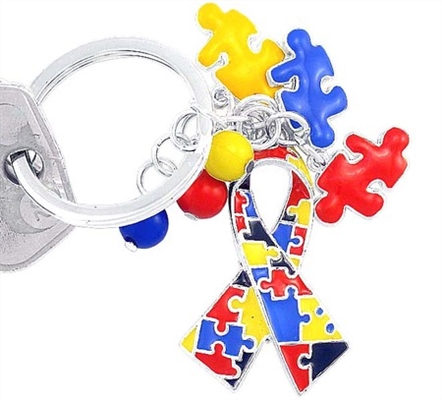
For different reasons there are women who live "on a diet" almost all their lives that have eliminated sugar from their diet for artificial sweeteners (saccharin, aspartame or cyclamate).
Others, however, do not use them, but when they get pregnant and go to regular visits with the gynecologist or midwife, the issue of weight appears, often giving it more importance than it has, and they end up feeling the need to control a little what you eat to avoid gaining more weight.
In that need, one of the easiest substitutions appears: change the sugar by saccharin. Now, while pregnant, what is better?
The answer is simple and you don't need too many detours: sugar is better because artificial sweeteners cross the placenta during pregnancy and can affect the fetus.
Aspartame
Aspartame raises doubts, as there are experts who advise against its use because it has not been proven safe and experts who, because they have not been shown unsafe, do not completely forbid it, ensuring that, whenever consumed in moderation, it appears to be safe during pregnancy.
Saccharin
Saccharin, on the other hand, generates more controversy, since some animal studies show a increased risk of bladder cancer. As sweeteners pass through the placenta into the bloodstream of the fetus and research with monkeys indicates that saccharin takes longer to leave the baby's body than the mother's body, it is suspected that it could accumulate in the baby's bladder, thus increasing both the risk of having bladder cancer.
It is possible to say, still, that the tumors produced in rats have not occurred in studies with other animals and less in human persons. In addition, the dose administered to rats would be equivalent to a human consumption of about 750 cans of carbonated beverages daily or 10,000 saccharin tablets daily throughout life.
In other words, most likely it is a safe substanceHowever, as it crosses the placenta, it generates uncertainty.
Sweeteners are not proven to help you lose weight
It is taken for granted that by taking artificial sweeteners, since they have fewer calories than sugar, people will lose some weight. However, it is not yet proven (which does not mean that it does not happen), because there is very little scientific research to support this trend. There are even some studies that seem to show that more than losing weight, they gain weight.
Sweeteners are a good option - I explain it because I find it interesting, even if it comes out of the theme of the blog - for diabetic people, since they can consume sweet foods without suffering the consequences of sugar.
In healthy people it is recommended, for the moment, to opt for the consumption of sugar, more natural than artificial sweeteners (and that sugar is not that it is too healthy food).
Adverse effects of artificial sweeteners
At low doses artificial sweeteners do not appear to be harmful. However, when the advisable limits are exceeded (and apparently a habitual daily consumption can cause them to be exceeded) they can cause diarrhea and are contraindicated in people suffering from allergies, asthma, in children under three years, since your digestive and renal system is not prepared to receive sweeteners, elderly and sick people with a poor immune system.












